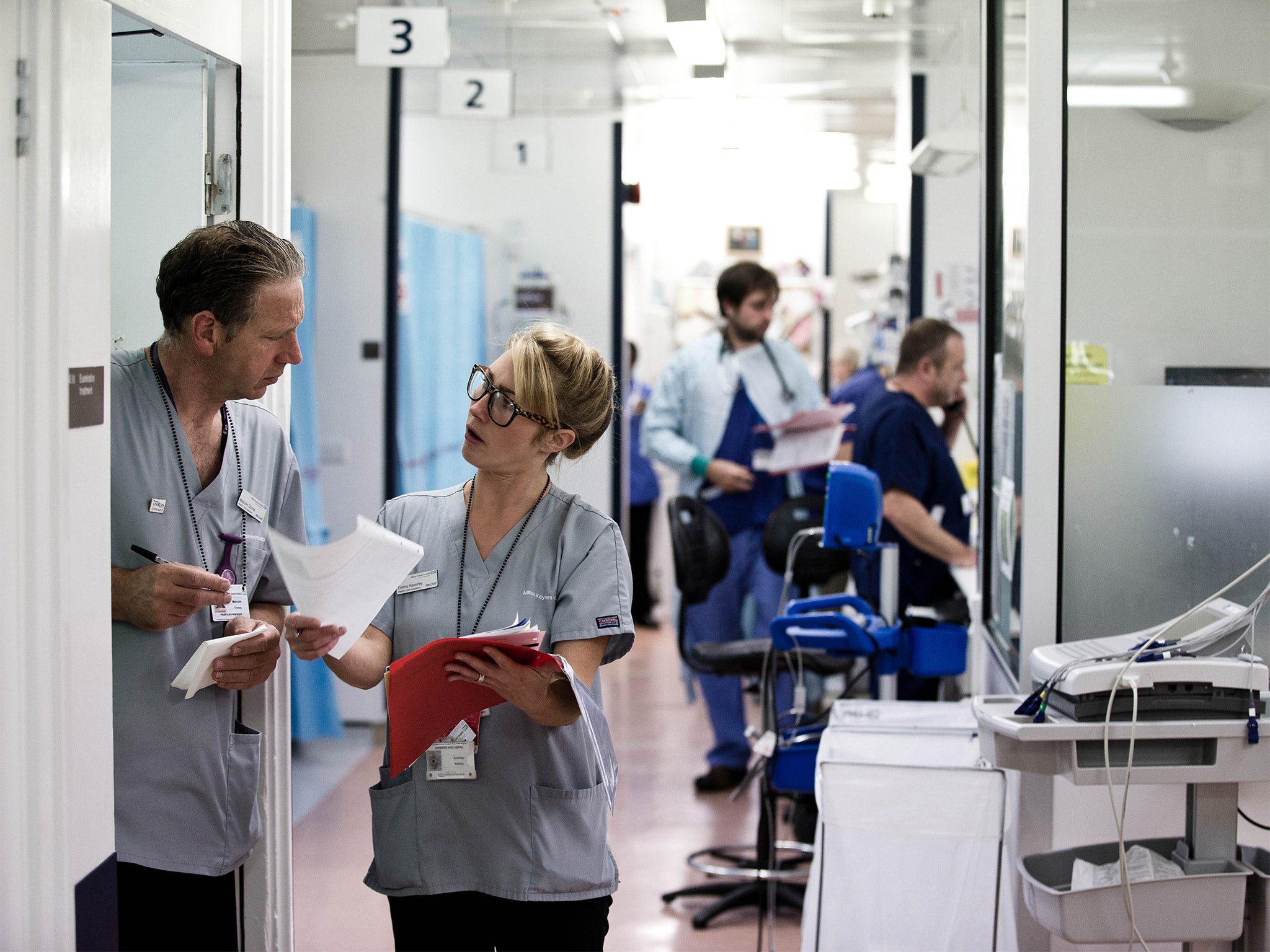The NHS needs the courage to 'adapt and survive'

Your support helps us to tell the story
From reproductive rights to climate change to Big Tech, The Independent is on the ground when the story is developing. Whether it's investigating the financials of Elon Musk's pro-Trump PAC or producing our latest documentary, 'The A Word', which shines a light on the American women fighting for reproductive rights, we know how important it is to parse out the facts from the messaging.
At such a critical moment in US history, we need reporters on the ground. Your donation allows us to keep sending journalists to speak to both sides of the story.
The Independent is trusted by Americans across the entire political spectrum. And unlike many other quality news outlets, we choose not to lock Americans out of our reporting and analysis with paywalls. We believe quality journalism should be available to everyone, paid for by those who can afford it.
Your support makes all the difference.The NHS is at a fork in the road. Over the next 20 years, the number of people aged over 85 will double, to more than five per cent of the population. As people live longer and as medical advances continue, people are living with many more long-term conditions, such as cancer, diabetes and dementia.
At the same time, government funding for the NHS has been frozen for almost five years. For a service that does more and more each year, that is starting to have an impact on the quality of services that people receive. Especially in the context of deep cuts to social services.
Waiting lists are growing, A&E targets are being breached, and important cancer targets are being missed. NHS England has now laid out a vision for how the NHS can adapt over the next five years and beyond. But unlike previous plans, this report does not specify a particular approach or framework for change.
Instead it sets out many ways in which local health services could adapt to support people in their areas. From family doctors joining with social workers and therapists to run community hospitals, to midwives linking up to provide maternity care in their area, this is not a one-size fits all vision.
In the future your GP surgery might be based at your local hospital, if that works.
It’s a compelling vision. But it risks falling on deaf ears unless doctors, nurses, managers – and politicians – can change their behaviour.
For staff, this means overcoming traditional boundaries between health workers and organisations such as hospitals and GP surgeries.
For those making decisions at Westminster, it means resisting the temptation to announce eye-catching initiatives that sound good on the campaign trail but are impossible to enact.
And with more hospitals going into the red, just getting through the next 18 months will be a struggle.
The NHS needs to adapt to survive. We must have the courage to make it happen.
Nigel Edwards is chief executive of the Nuffield Trust think-tank
Join our commenting forum
Join thought-provoking conversations, follow other Independent readers and see their replies
Comments